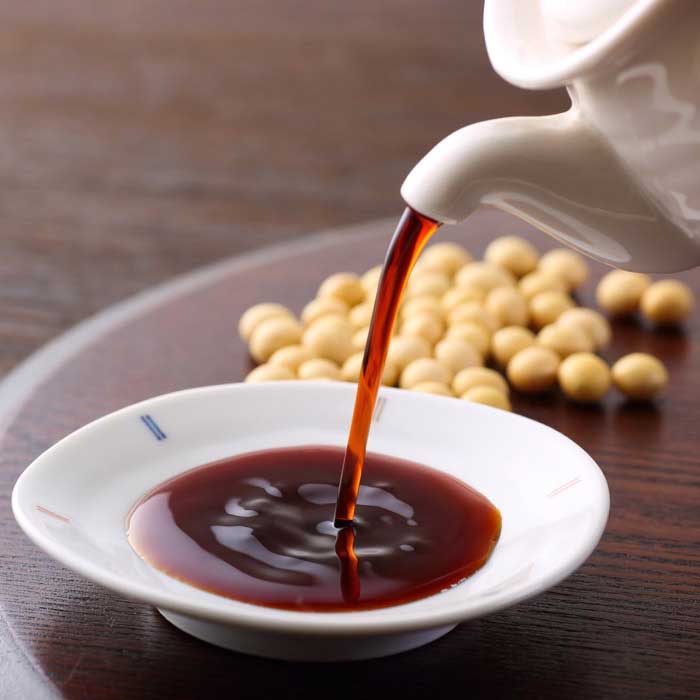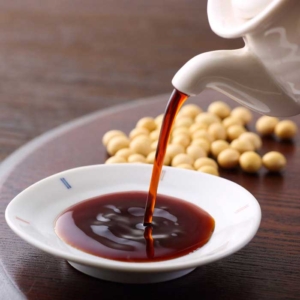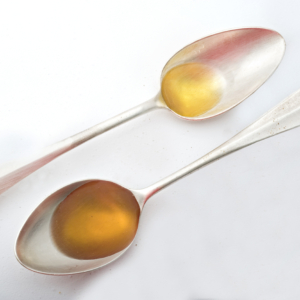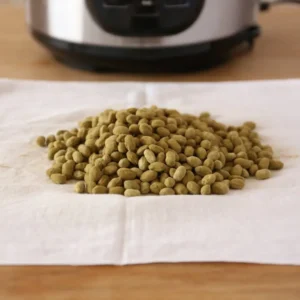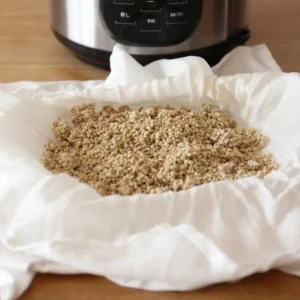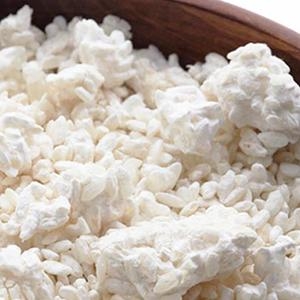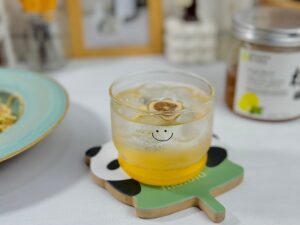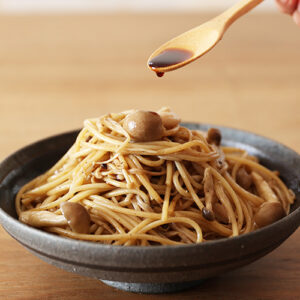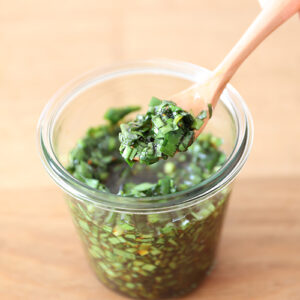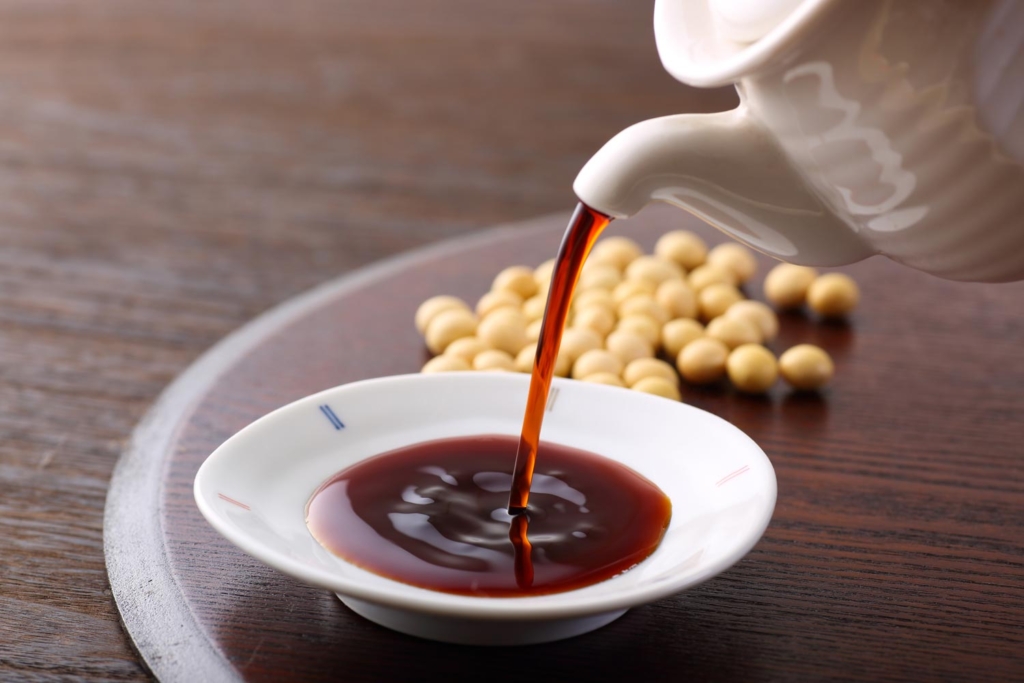
Shoyu, also known as Soy Sauce, a significant condiment that you can find in most of the Japanese recipe regardless of which type of Soy Sauce was used. There’s many types of Japanese Soy Sauce and each of them have different taste.
The common Soy Sauce are Dark Soy Sauce (Koikuchi) and Light Soy Sauce (Usukuchi). Other will be Sweet Soy Sauce (Amakuchi), Sashikomi Soy Sauce, and Tamari Soy Sauce (Gluten-free Soy Sauce).
This article will mainly explain on what is Dark Soy Sauce and how it was made.
What is Dark Soy Sauce?
The Japanese Dark Soy Sauce, also known as “Koikuchi Shoyu“, it simply means Soy Sauce that taste saltier, have a stronger flavour compared to the Light Soy Sauce (Usukuchi).
The Dark Soy Sauce is a common soy sauce used by the Japanese people. Unlike West Japan which mostly consumes light soy sauce, almost 80% of Japan (especially East Japan) consumes dark soy sauce instead of light soy sauce. Therefore, it’s not an exaggeration to say that dark soy sauce is considered a universal and versatile condiment or ingredient for cooking as it almost works perfectly with most of the Japanese cuisine.
Usually, unless it is specifically mentioned, the Japanese soy sauce you can get in the supermarket refers to Dark Soy Sauce.
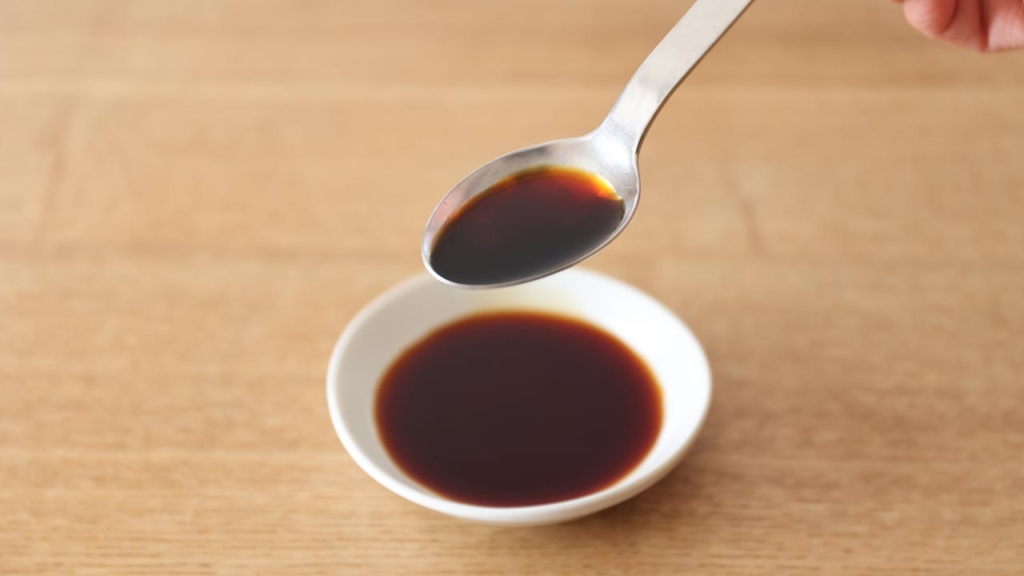
If you look at the colour of the Soy Sauce, Dark Soy Sauce are dark brown, light soy sauce is lighter in colour, clear brown. The freshly made, genuine Dark Soy Sauce is clear and reddish brown colour, which is said to be a “proof of delicious soy sauce”.
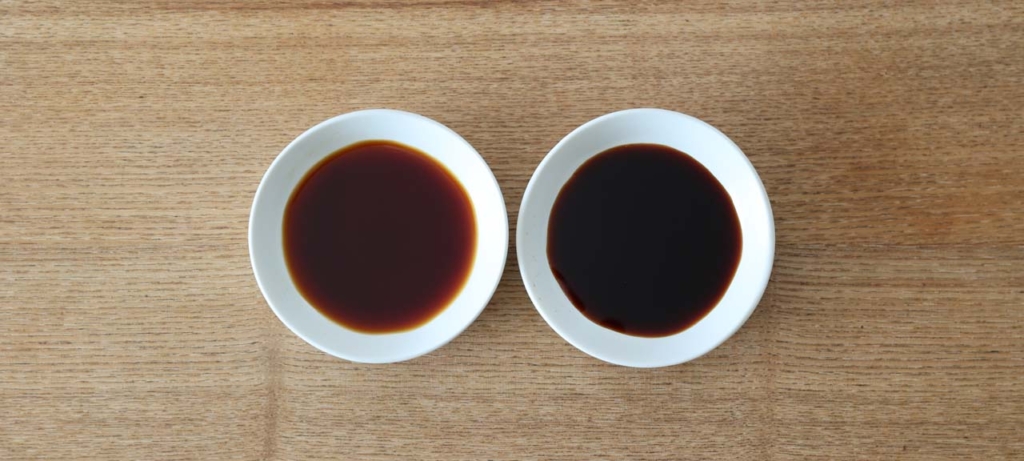
Right: Other commercial Dark Soy Sauce.
The fresh Dark Soy Sauce (Left) clearly it looks different from other commercially Dark Soy Sauce, right?
Get more info about Soy Sauce at this related post below:
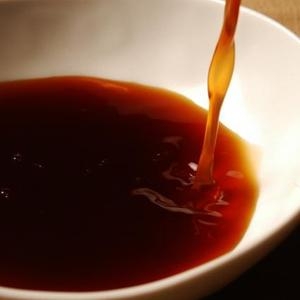
Recommended Products for Dark Soy Sauce
How Dark Soy Sauce is Made?
Dark Soy Sauce was made by fermentation process with the help of Koji, (malted rice that plays an important role to give the delicate flavours of Japanese Soy Sauce), and also filtering the raw ingredients such as ‘soybean’, ‘wheat’ and ‘salt’.
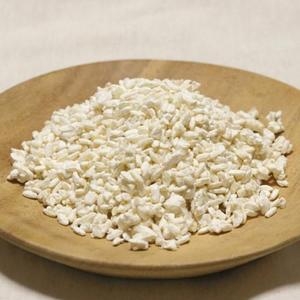
Dark Soy Sauce, usually contains 15% more sodium than a regular light soy sauce. However, for the taste of the Dark Soy Sauce, it purely depends on the choice of raw ingredients, the environments during the whole process of the fermentations, the equipment they are using and most importantly, the craftsman’s skills who are in charge of the whole making process of Dark Soy Sauce.
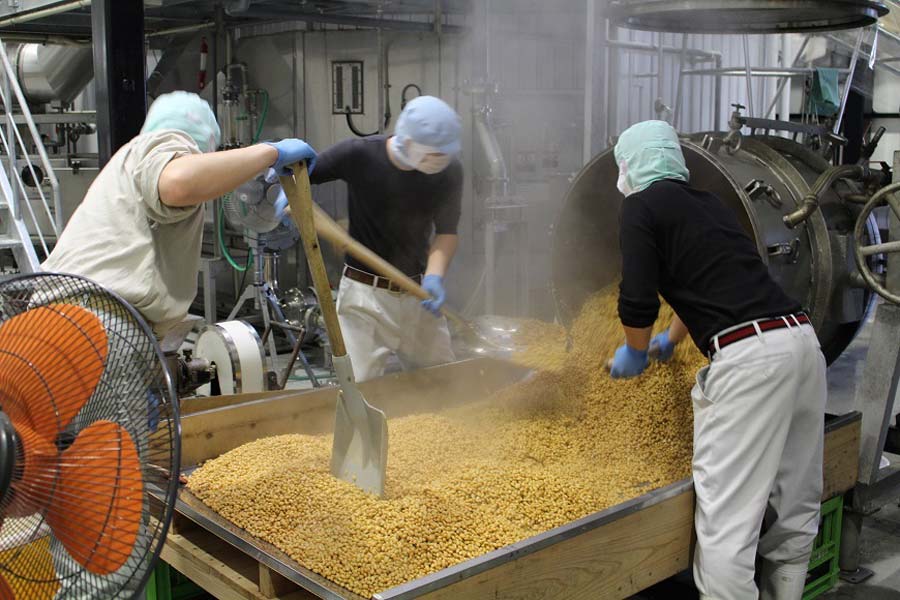
Koji making is always the key to Dark Soy Sauce brewing. Soybeans and wheat are fermented into koji for about 40 hours or more. However, because this task takes time and effort, not many Japanese soy sauce breweries make koji from their homemade koji. If you are looking for a genuine soy sauce, we recommend the one that uses homemade koji to secure the quality.
The next step will be mixing the finished Shoyu Koji with saltwater, then putting it into Traditional Cedar Tub.
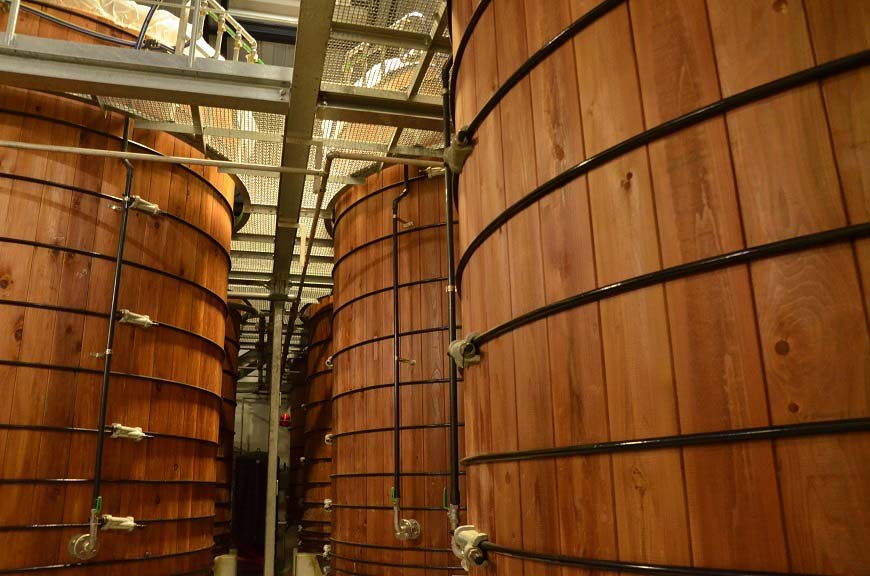
Traditionally, Cedar tubs were used to make Dark Soy Sauce for a very long history. However, due to cost-effectiveness and its incompatibility, the usage of Cedar tubs have been decreased. It was said that only small percentages of domestic production include the usage of cedar tubs in the process of making Dark Soy Sauce.
In Kawashima-ya, our Dark Soy Sauce was made by traditional cedar tub natural brewing that has been passed down since 1902. From our strong will to deliver the best shoyu to our customers, we insist on using the most traditional way of making Dark Soy Sauce while others have chosen to eliminate it due to cost and incompatibility.
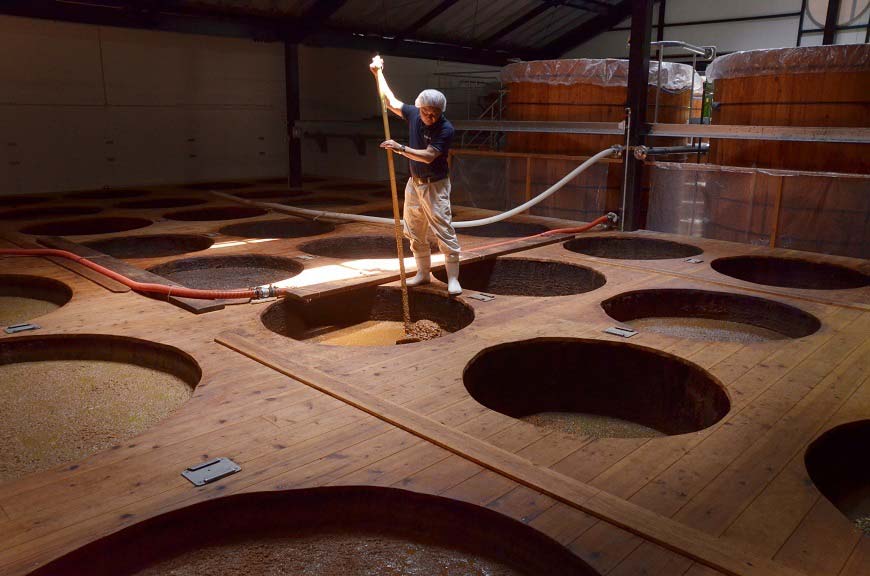
By using the Traditional Cedar Tubs, the yeasts and lactic acid bacteria are very effective for the long fermentation period, it brings out the unique aroma and taste of the brewery that will deepen the flavour of the Dark Soy Sauce. Besides, it was scientifically proven that the usage of Traditional Cedar Tubs will result in increasing the number of Glutamic Acid, an umami ingredient for Dark Soy Sauce. It will make the Dark Soy Sauce taste better. The bacteria included in the Traditional Cedar Tubs have grown delicious Dark Soy Sauce for over 130 years.
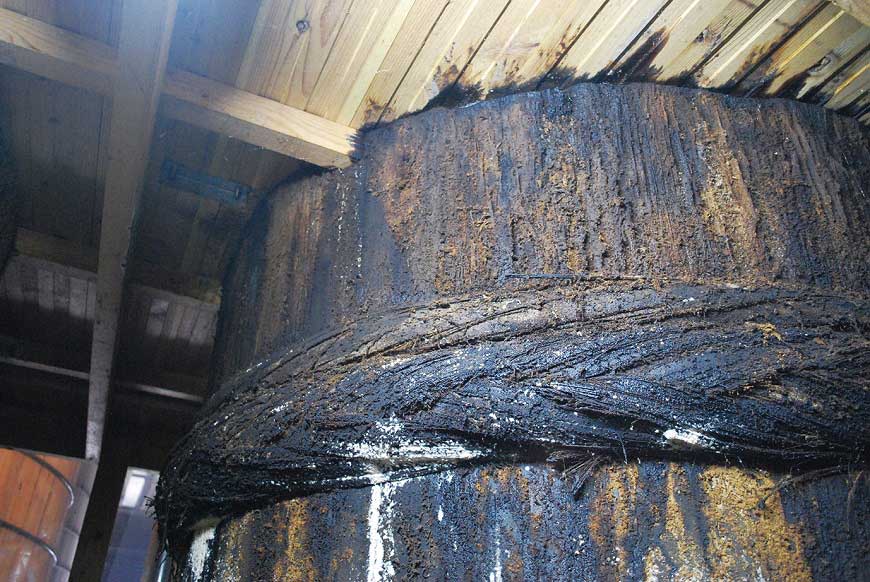
Considering the benefits of using Traditional Cedar Tubs, this is why we choose to use the ancient, traditional and natural way of manufacturing method because we want to provide the best and most delicious Dark Soy Sauce to our customers.
Difference Between Dark Soy Sauce & Light Soy Sauce
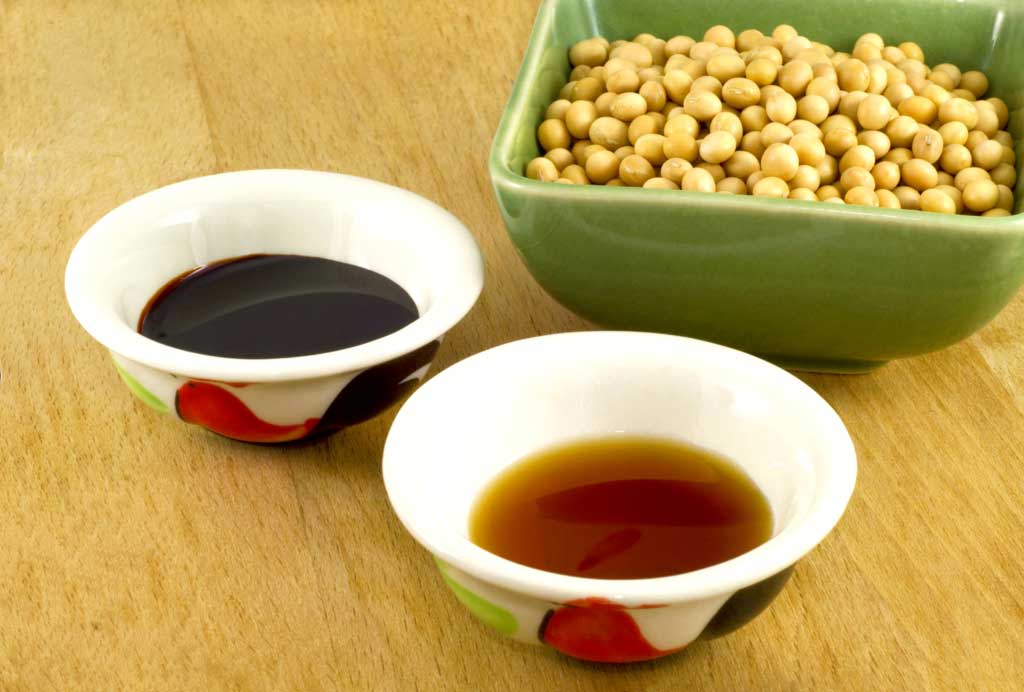
Right: Light Soy Sauce.
You might be wondering what is the difference between these two Soy Sauce.
Dark Soy Sauce is the most common Japanese Soy Sauce in Japan (Especially East Japan), it almost goes well with every dish or even works as a dipping sauce. Most of the Japanese Soy Sauce you can find in the supermarket are mainly referring to Dark Soy Sauce unless they specifically mention it wasn’t. Of course, it tastes saltier and has deeper colour if you compare it to the Light Soy Sauce. This is often used in Tofu dishes or Fried Salmon.
Light Soy Sauce, have a lighter colour, it doesn’t add much colour to the dishes if you add them in for cooking. You may add it to your soup or any simmered dishes.
Recipe Using Dark Soy Sauce
Here’s some recipe that you might want to try with the Dark Soy Sauce:
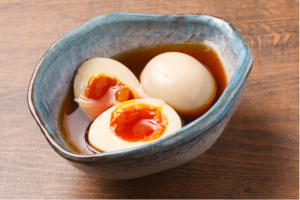
Nitamago (Flavoured Boiled Egg)
Ingredients
Eggs
- 4-6 Eggs (Depends on how many eggs you want to eat)
Marinated Sauces
- 5 tbsp Dark Soy Sauce
- 2.5 tbsp Sake (Optional)
- 2 tbsp Mirin
- 2 tbsp Brown Sugar (or Sugar)
- 60 ml water
Instructions
- Boil the Eggs in low & medium heat for 6-7 minutes. Be careful not to break the Eggs.
- While waiting for the eggs, you can pour the marinated sauces into a sauce pan and cook them.Stir it and wait until it start boiling. (You can see the bubbles)Make sure the sugar dissolved !Then pour it into a container or zip lock bag.
- Remove the eggs and put them into a bowl of ice water.Carefully peel the egg shells.
- Now you can put the eggs and sauces together. (In the same container or zip lock bag)Put them into your fridge for at least 3 days, then it's ready to serve!
Frequently Asked Questions
What Makes Our Dark Soy Sauce Special?
In Kawashima-ya, we aim to provide our customers “Food for Well-being”, we hope our customers could eat healthier, therefore we have a very strong commitment during the selection of the products from raw materials.
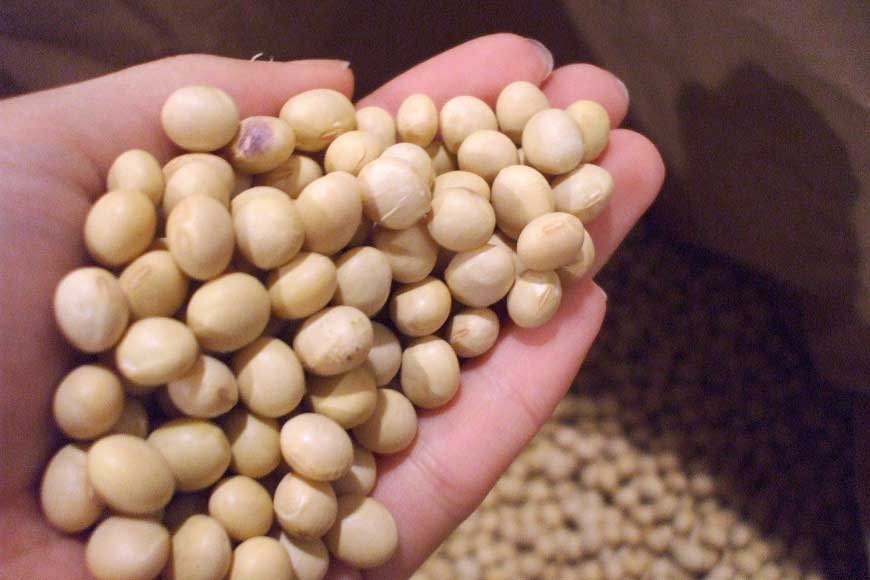
(Round shaped)
Most of the Japanese Dark Soy Sauce was made by overseas soybeans and fat-processed soybeans (flake-shaped soybeans excluding oil). In order to produce high-quality Dark Soy Sauce, we decided to use domestically produced high-quality organic soybeans (Round shaped) and wheat with high rare value.
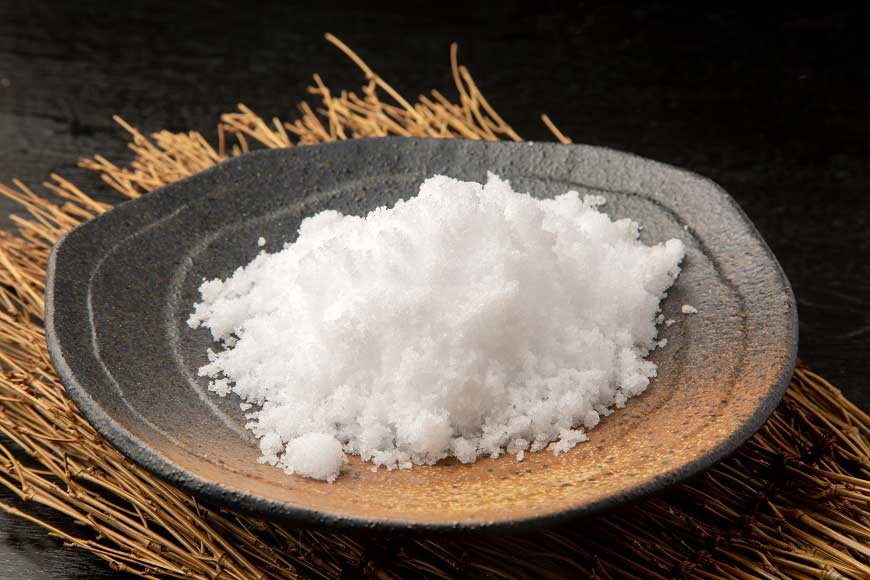
The salt was chosen from Akō City (one of the places that produced the most highly-regarded salt), which provide the deep salty taste and mellowness of a tasty Dark Soy Sauce needed.
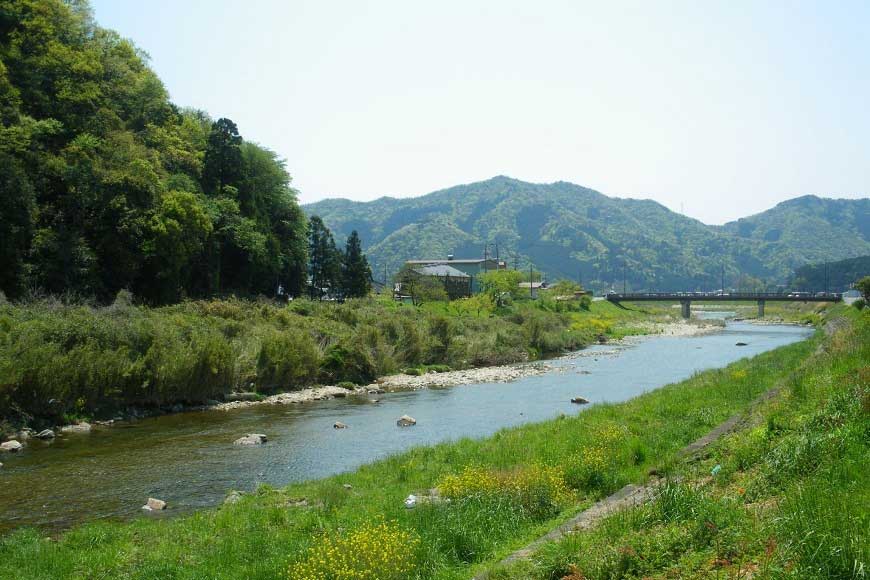
Next, the clear stream of underground water from Sugihara River in Kita-Harima, Hyōgo Prefecture, gives the Dark Soy Sauce a softer texture.
Our Dark Soy Sauce has been carefully crafted by craftsmen starting from using homemade Shoyu Koji, and mixing all materials together to produce the best Dark Soy Sauce. The temperature was manually checked while the craftsmen manually stir the Dark Soy Sauce. They also checked and adjust the number of lactic acid bacteria and yeast that brew the Dark Soy Sauce. The whole process took more than a year because there is no artificial temperature control during the process.
“Don’t forget the basic, no-nonsense in, we want to present our time and effort to provide a safe and delicious shoyu”.
We are involved in every step of the process, from the selection of raw materials to the fermentation and brewing process, until it becomes the final product of Dark Soy Sauce. We always make sure our customers get the best product from us, this is why we continue to adhere to ancient Japanese natural manufacturing without compromising the cost, time, conditions of the raw materials or any other factor that might affect our final product
Recommended Products for Dark Soy Sauce
Buy On Amazon USA
Kawashimaya Organic Shoyu 13.8 fl oz (410ml)
High-quality organic Japanese shoyu soy sauce: Barrel-aged for over one year・Additives-free・Made from 3 ingredients・Umami packed・100% Made in Japan. The versatile umami condiment for sushi, stir-fries, meat, pasta, eggs, tofu, vegetables, and more. Just a tiny amount can elevate any dish.

